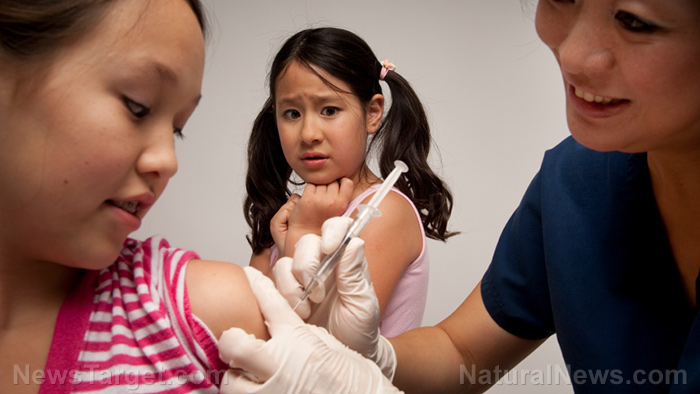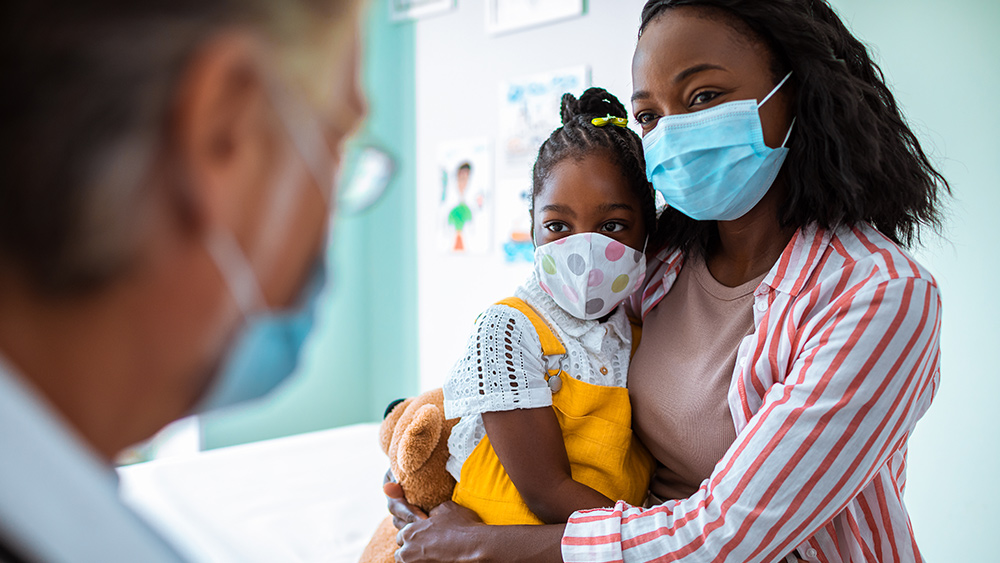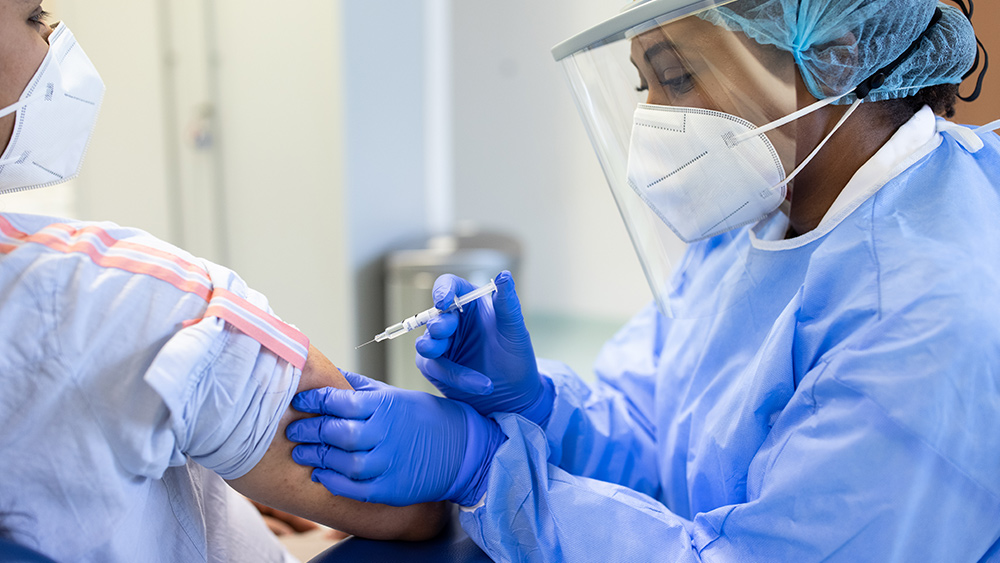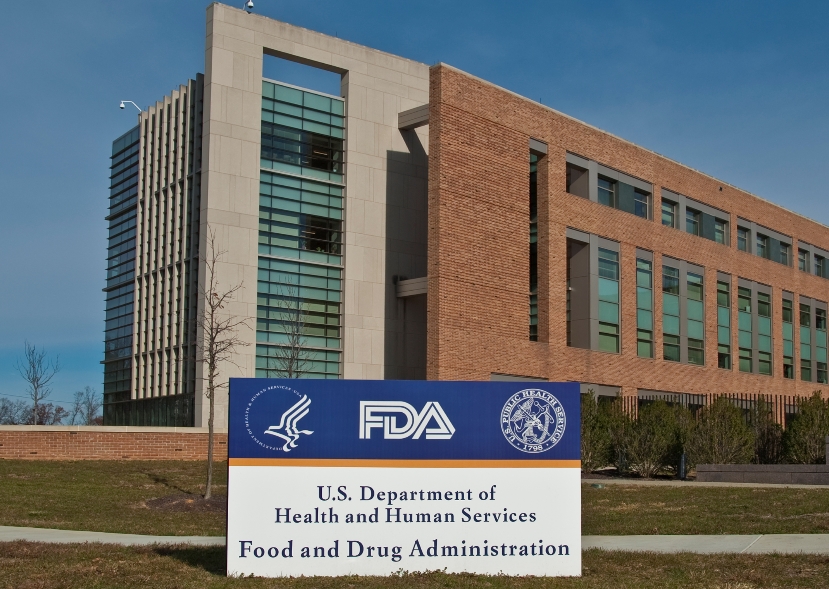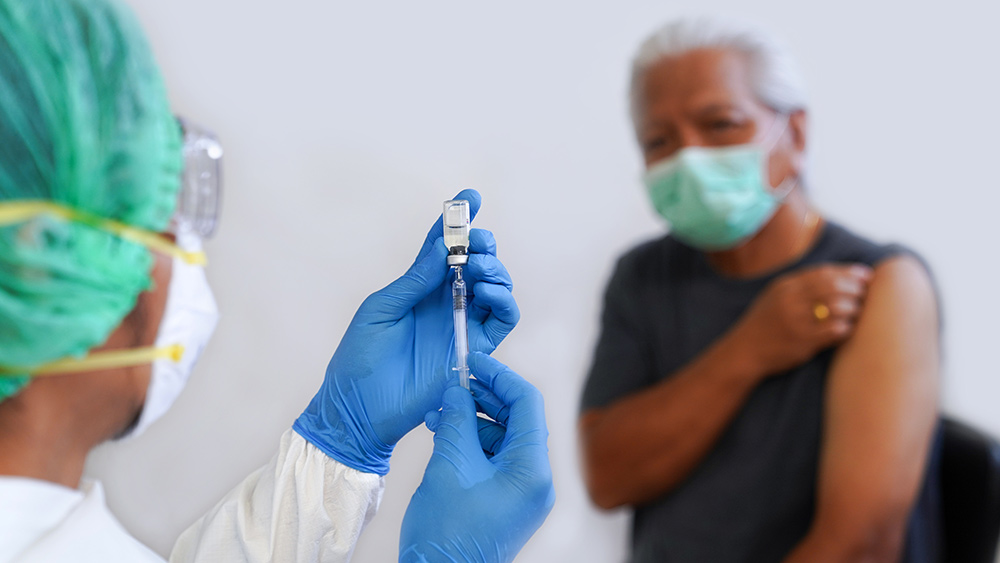Continued pesticide use ENDANGERS farm workers and children – why are these risks still IGNORED?
09/08/2020 / By Divina Ramirez

Current reports estimate that commercial food producers in the U.S. use about a billion pounds of chemicals on their crops. These chemicals could come in the form of pesticides, herbicides, fertilizers and the like, and health specialists are concerned that the rampant use of these chemicals places certain groups at a higher risk of pesticide-related health issues.
In one of her recent articles published online, Liza Gross, an independent journalist specializing in science and health and a senior editor at the journal PLOS Biology, reported that about 70 percent of all U.S. produce harbors traces of pesticides. But more concerning is the fact that more than 90 percent of the U.S. population has these pesticides in their bodies, added Gross.
Gross reported that commercial farmers and pregnant mothers, babies and children residing near commercial farms are among the most susceptible to the health effects of pesticide residues in foods. Yet federal agencies fail to monitor the heightened risk that these groups face despite decades-long research on the dangers of pesticide use on human health.
Gaps in regulation
Federal agencies like the U.S. Department of Agriculture (USDA) and the Food and Drug Administration (FDA) ensure that chemicals in foods and products marketed for human use do not endanger consumers.
Both agencies also test food supplies for pesticide residues on an annual basis, focusing on those that babies and children consume the most. The agencies prioritize these groups as babies and children are among the most susceptible to the harmful effects of toxic chemicals.

The U.S. Environmental Protection Agency (EPA), on the other hand, is in charge of setting thresholds for acceptable rates of exposure to chemicals in products like pesticides and herbicides. But as Gross reports, the EPA might be setting thresholds that are too high to protect babies and children.
Olga Naidenko, the senior science adviser for children’s environmental health at the Environmental Working Group (EWG), a non-profit consumer advocacy group, said that the EPA is not taking into account children’s heightened susceptibility to pesticides in setting acceptable tolerances for those products.
In addition, Gross noted that federal agencies in charge of regulating pesticide use fail to account for the heightened exposure to pesticides that commercial farmers and their families face. More concerning still is the fact that babies and children from these families face the highest risk of pesticide-related health issues.
Farmers and children face greater risk from pesticide exposure
Pesticide residues can linger long after farmers had left the fields, said Gross. For instance, pesticides can latch onto their clothes and shoes, then collect on floors and pieces of furniture around the home that babies and children use.
Numerous studies on pesticide use indicate that pesticides can heighten the risk of breast cancer and affect fertility in young girls. Pregnant mothers exposed to pesticide-treated produce, on the other hand, face a heightened risk of birthing premature or autistic babies.
Naidenko also noted that dacthal, a chemical classified as a possible human carcinogen, can be found in commercial kale. European regulators had banned the use of dacthal in pesticides in 2009.
Experts also found that spinach, another popular salad green, contains traces of permethrin, another chemical component of pesticides that has been linked to attention deficit hyperactivity disorder (ADHD).
Leo Trasande, the director of environmental pediatrics at New York University Langone Health, said that current regulations assume chemicals used in pesticides are fine. But science points out that the use of these chemicals in agriculture requires stricter regulations, added Trasande.
Minimizing the risk of pesticide exposure
Chemicals and substances in pesticides are often linked to numerous health risks, from birth defects to cancer. The risk might be greater in farmers and children, but consumers purchasing pesticide-treated produce face health risks linked to pesticides just the same. Here are some tips for minimizing one’s exposure to pesticides:
Purchase organic food
Not all produce labeled organic are, in fact, organic. In purchasing organic produce, look for the USDA Organic Seal. This seal guarantees that the food producers had not used prohibited substances like pesticides and synthetic fertilizers in their crops.
Clean and rinse produce before eating it
Some consumers prefer to rinse their produce before eating them or using them for cooking. This helps get rid of pesticides that might be sitting on the peel or skin of the produce. Others also like to scrub the peel using a stiff brush for a thorough clean.
Incorporate fresh produce into a balanced diet
Fresh, plant-based foods are rich in essential nutrients and beneficial compounds that can counter and protect against the harmful effects of pesticides on human health. So, as much as possible, eat them as part of a balanced diet.
Start an organic garden
Starting an organic garden is easier than it seems, and it might just be the best course of action for consumers hard-pressed to find organic food producers in their area. Organic gardening rules out the use of chemical pesticides, herbicides and fertilizers. For detailed instructions, check resources online on organic gardening.
Pesticides are harmful to human health, and it’s high time that federal authorities did a better job of regulating their use in commercial agriculture. (Related: Latest FDA Pesticide Monitoring Report reveals that nearly 50% of food samples contain pesticide “residues.”)
Read more articles about the health risks linked to pesticide-treated crops at StopEatingPoison.com.
Sources include:
Submit a correction >>
Tagged Under:
agriculture, autism, Birth defects, breast cancer, children's health, EPA, FDA, food safety, food supply, government, harmful chemicals, herbicides, infant's health, toxic chemicals
This article may contain statements that reflect the opinion of the author







